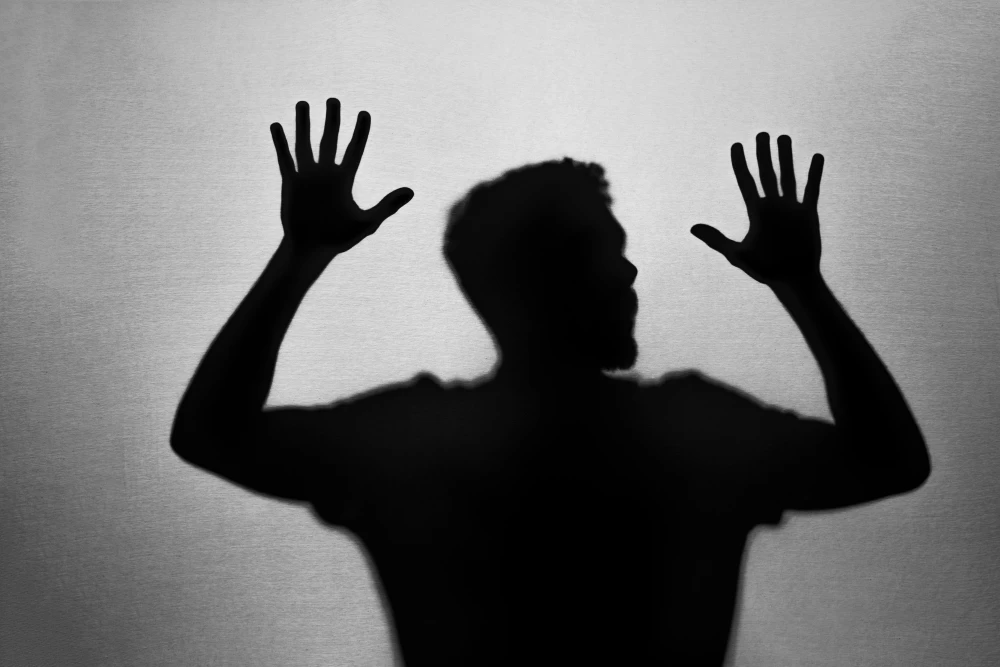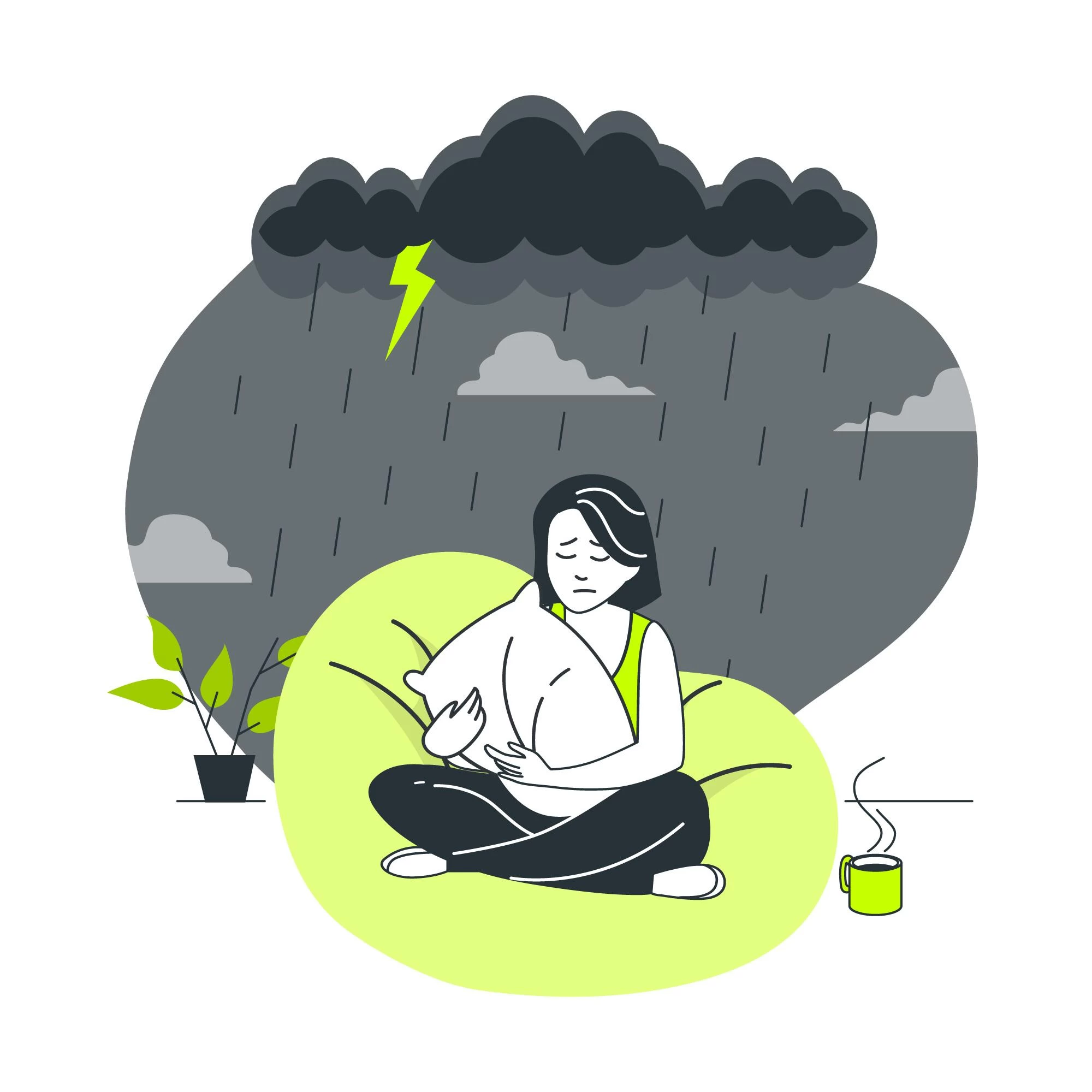
Depression: Symptoms, Causes, and Treatment Options
- Depression: Symptoms, Causes, and Treatment Options
- What is Depression?
- What are the Symptoms of Depression?
- What are the Causes of Depression?
- What are the Treatment Options for Depression?
Depression is one of the most common mental health problems faced by modern society. Many individuals may experience feelings of depression at different stages of life. However, depression is a condition characterized by long-term, recurrent feelings of sadness, hopelessness, and lack of interest. It can affect a person's daily functioning, make social relationships challenging, and lower their quality of life. During depressive episodes, individuals may experience symptoms such as lack of motivation, low energy, disrupted sleep patterns, appetite changes, difficulty concentrating, and even thoughts of suicide.
What is Depression?
Depression can arise due to the interaction of multiple factors. Genetic predisposition, imbalances in brain chemistry, environmental stressors, traumatic events, chronic illnesses, and certain medications can increase the risk of depression. Additionally, factors such as personal or family history of depression, challenging life events, social isolation, job loss, and relationship problems can contribute to the development of depression.
Depression is a medical condition that may require treatment. Treatment options include antidepressant medications, psychotherapy, family therapy, and support groups. Starting treatment early and collaborating with a healthcare professional can help manage the symptoms of depression and support recovery.
Remember, depression is a condition that can happen to anyone, and it is not something to be ashamed or blamed for. It is a treatable condition, and seeking support can help improve your quality of life and mental well-being.
What are the Symptoms of Depression?
The symptoms of depression can vary from person to person, but the following are the most common ones:
- Persistent feelings of sadness, hopelessness, and emptiness
- Lack of interest and enjoyment
- Low energy and constant fatigue
- Sleep disturbances (insomnia or excessive sleep)
- Appetite changes and weight loss or gain
- Difficulty in attention and concentration
- Feelings of worthlessness or guilt
- Thoughts of death or suicide

What are the Causes of Depression?
The exact causes of depression are not fully understood, but it is believed to result from the combination of multiple factors. Genetic predisposition, imbalances in brain chemistry, environmental stressors, traumatic events, chronic illnesses, and certain medications can increase the risk of depression. Additionally, social factors such as life difficulties, job loss, relationship problems, and family issues can contribute to the development of depression.
What are the Treatment Options for Depression?
The treatment options for depression should be personalized based on an individual's needs and the severity of their symptoms. Some common options for treating depression include:
- Antidepressant Medications: Antidepressants help regulate the chemical imbalances in the brain. By affecting brain chemicals like serotonin, norepinephrine, or dopamine, they can alleviate depression symptoms. Antidepressants should be prescribed by a psychiatric specialist and monitored regularly. Dosage adjustments and monitoring for side effects are important.
- Psychotherapy: Different therapy approaches such as individual therapy, group therapy, or family therapy can be effective in managing depression. Individual therapy often helps individuals explore their emotional issues, understand their thoughts and behaviors, and make positive changes. Group therapy provides a supportive environment where individuals can share their experiences with depression and receive understanding. Family therapy addresses the impact of family relationships on depression and aims to support family members together.
- Electroconvulsive Therapy (ECT): ECT is a treatment option used in severe cases of depression. It involves controlled electrical currents being used to modify neurotransmitter activity in the brain. ECT is usually considered when other treatment options have been ineffective or when rapid effects are required. It is a guided process conducted by experts and typically requires several sessions.
- Support Groups: Joining support groups to cope with depression is another treatment method. Sharing experiences with others can provide support and understanding.
It is highly dangerous to use antidepressant medications randomly. It is not appropriate to stop or change the dosage of antidepressant medications prescribed by your doctor without their approval.
If you or someone you know is experiencing symptoms of depression, you should seek help from psychiatric specialists. Remember, depression is a serious health problem that should not be taken lightly.





